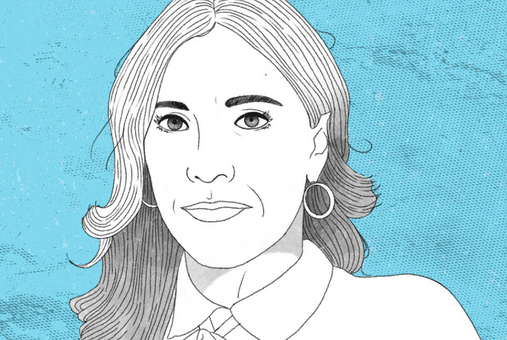
Guatemalan journalist Michelle Mendoza, a CNN correspondent, has been in exile for six months after years of being harassed and threatened because of her journalism. Even while outside of Guatemala, she continues to receive calls and messages with the intention of intimidating her and keeping her from returning. In this interview, she discusses her situation and the harassment she has suffered.
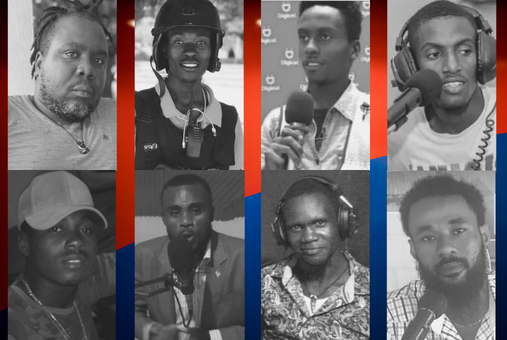
One journalist murdered, another shot at and another arrested and beaten by the police are the latest victims of a wave of violence against the press in Haiti, a country where eight journalists have been killed so far this year. At the same time, the social-political crisis and poverty are slowly suffocating the Haitian media.

A forensic and journalistic investigation found evidence of spying with Pegasus spyware against journalist Ricardo Raphael and a colleague from Animal Político by the Mexican Army, an institution that has seen its power grow considerably during the López Obrador administration.

Ending illegal surveillance of journalists and activists was one of Andrés Manuel López Obrador's promises after he became president of Mexico in 2018. Four years later, new evidence of spying on journalists is emerging, while journalists and NGOs believe that the president has little to show for his promises.
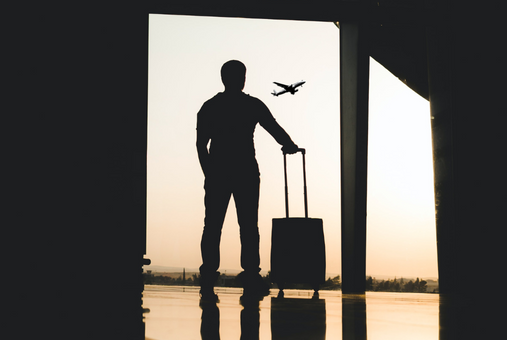
Voces del Sur reports that 170 journalists from the region were forced into exile in 2020 and 2021 to escape arbitrary imprisonment or even assassination attempts. To understand this worrying exodus, GIJN spoke with exiled members of the press from Nicaragua, El Salvador, Cuba, and Colombia, who shared how they had been pushed into exile, and gave tips for other watchdog journalists who face similar threats.
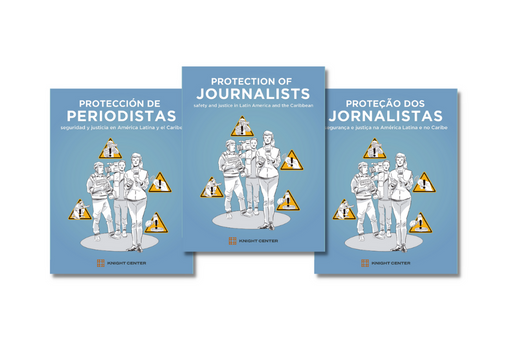
The new e-book, “Protection of Journalists: Safety and Justice in Latin America and the Caribbean” is the product of eight months of articles originally published in the Knight Center for Journalism in the Americas’ digital magazine, LatAm Journalism Review. The e-book can be downloaded for free in English, Spanish or Portuguese.
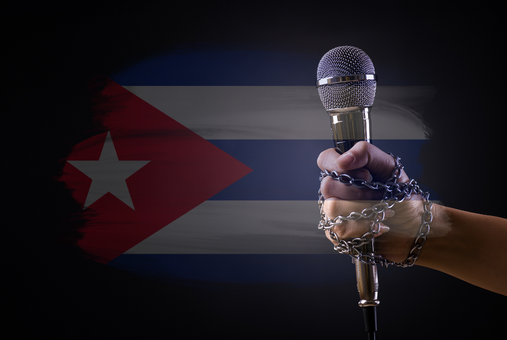
In the last two months, at least 12 Cuban journalists have decided to quit their jobs or leave the profession publicly as a result of the harassment they have suffered at the hands of Cuban State Security. These journalists have usually made their decisions public on social media.
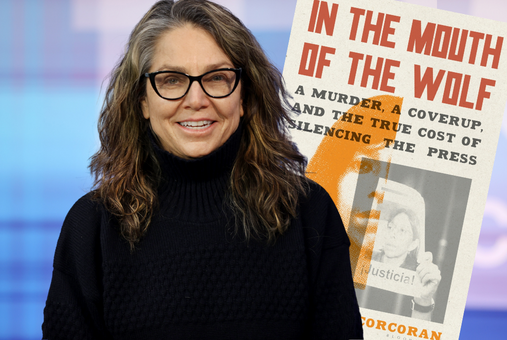
Mexican journalists urgently need to make people understand and value the impact of their work, so it’s society itself demanding safe conditions to practice journalism, Katherine Corcoran — whose book "In the Mouth of the Wolf," about the 2012 murder of Mexican journalist Regina Martinez will be launched in October — told LJR.
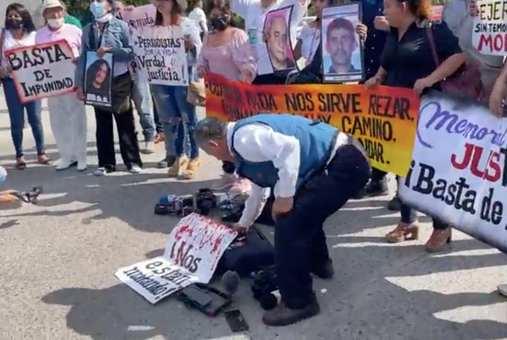
With the death of Fredid Román, 15 journalists have been murdered in Mexico so far in 2022. While organizations such as the UN, CPJ and IAPA condemn the crimes, López Obrador's government denies the climate of violence against the press. The government even appears to be the main source of aggressions, according to a report by Article 19.

What began as a scuffle between rival criminal groups ended in attacks targeting the population that resulted in the deaths of four employees of the MegaRadio radio group. The killings, considered by organizations as a form of social destabilization, caused the radio station to temporarily cease transmissions.
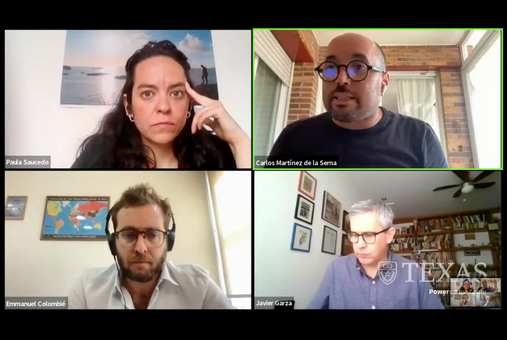
Given the failure of protection mechanisms for journalists, members of the press must strengthen self-protection, solidarity within the profession and links with civil society, said representatives of Article 19, Reporters Without Borders and the Committee to Protect Journalists.
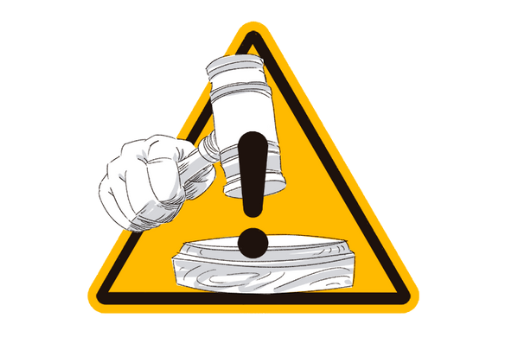
Mexico was one of the first countries to create a special prosecutor's office to investigate crimes against journalists. The Special Prosecutor for Attention to Crimes Committed against Freedom of Expression (FEADLE) was created in 2010 in response to the increase in attacks, particularly murders, against journalists. Yet, from its inception to 2021, the FEADLE has only obtained 28 convictions.